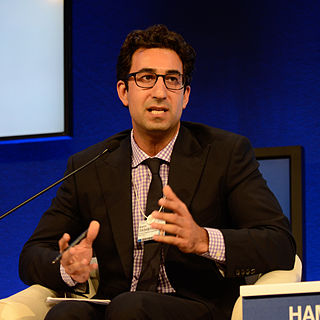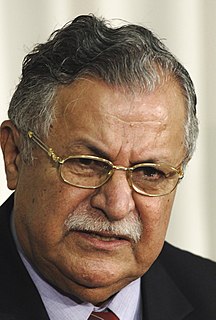A Quote by Stephen Kinzer
Iran's most formidable modern leader, Reza Shah Pahlavi, was obsessed with the idea of building a steel mill, but in 1941, soon after he assembled all the components, Allied armies invaded Iran, and the project had to be abandoned.
Related Quotes
The only person Henry Kissinger flattered more than President Richard Nixon was Mohammad Reza Pahlavi, the shah of Iran. In the early 1970s, the shah, sitting atop an enormous reserve of increasingly expensive oil and a key figure in Nixon and Kissinger's move into the Middle East, wanted to be dealt with as a serious person.
My advice for Obama concerning Iran is just to do what you already promised you would do, open up communications with Iran. Which is what I did after the Shah was deposed, as you know when the revolutionary government came in, I still had diplomatic relations with Iran, otherwise the hostages wouldn't have been there. We had about, as you know, 60 some diplomats in Iran, they had about the same number in Washington.
I was born in Iran, my parents are Armenian. We fled from Iran to the Netherlands when I was eight years old. We had a lot of family and friends in Iran, so it was hard to leave, especially for my parents. But we managed to settle well in the Netherlands, after a year in refugee camps. But I understood it was a process.
Iran is an ancient land, home to a proud culture with a rich heritage of learning and progress. The future of Iran will be decided by the people of Iran. Right now, the Iranian people are struggling with difficult questions about how to build a modern 21st century society that is at once Muslim, prosperous, and free. There is a long history of friendship between the American people and the people of Iran. As Iran's people move towards a future defined by greater freedom, greater tolerance, they will have no better friend than the United States of America.
The Republicans are whistling past the graveyard. If we don't change our policies on immigration, you're going to be looking at Iran Deal after Iran Deal after Iran Deal. I can count on Americans to protect Israel. I don't count on foreigners to care about Israel, and that's who's coming in to vote.
For years, Israeli and American intelligence agencies assumed that if Iran were to gain the ability to build a bomb, it would be a result of its relationship with Russia, which was building a nuclear reactor for Iran at a site called Bushehr and had assisted the Iranians in their missile-development program.
If the six-nation forums dealing with Iran and North Korea suffer comparable failures, the consequence will be a world of unchecked proliferation, not controlled by either governing principles or functioning institutions. A modern, strong, peaceful Iran could become a pillar of stability and progress in the region. This cannot happen unless Iran's leaders decide whether they are representing a cause or a nation - whether their basic motivation is crusading or international cooperation. The goal of the diplomacy of the Six should be to oblige Iran to confront this choice.
After the revolution of 1979, Iran embarked on a policy of sectarianism. Iran began a policy of expanding its revolution, of interfering with the affairs of its neighbors, a policy of assassinating diplomats and of attacking embassies. Iran is responsible for a number of terrorist attacks in the Kingdom, it is responsible for smuggling explosives and drugs into Saudi Arabia. And Iran is responsible for setting up sectarian militias in Iraq, Pakistan, Afghanistan and Yemen, whose objective is to destabilize those countries.



































